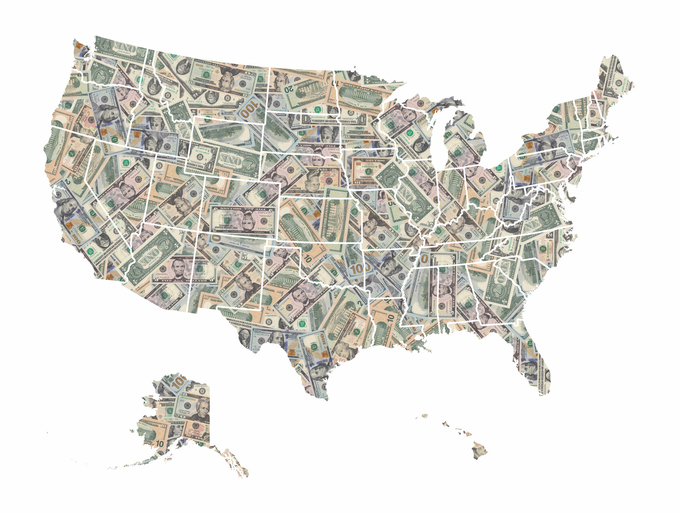The Heartland Institute joined forces with a coalition of groups led by D.C.-based Citizens Against Government Waste (CAGW) to oppose efforts in the U.S. House of Representatives to restore the budgetary practice of “earmarks.”
Earmarks are congressional spending directed at specific projects, often used to bypass the normal merit-based, competitive allocation process and Executive Branch oversight. They have been banned since Republicans ended earmarks in 2010 to stop abuses involving wasteful spending and corruption.
One of the most infamous cases was the “Bridge to Nowhere” in Alaska, in which $223 million in federal funding was secured by the Alaska congressional delegation for a bridge connecting Ketchikan, Alaska to Gravina Island, a place with only 50 residents. After public backlash, the earmark was withdrawn and the bridge was never built, even though $300 million was eventually appropriated for it. The episode served as an impetus for the congressional earmark ban in 2010.
One of CAGW’s top priorities has been opposition to earmarks. Since 1991, the organization has published an annual Congressional Pig Book compiling a list of federal “pork-barrel” projects, which CAGW defines as “a line-item in an appropriations bill that designates tax dollars for a specific purpose in circumvention of established budgetary procedures.”
CAGW launched the coalition letter to oppose recent proposals by the House and Senate Appropriations Chairmen, both Democrats, to restore earmarks under the euphemism of “member-directed spending.”
“Proponents of earmarks argue that they would promote the passage of appropriations bills in a timely manner, but this is proven false by the fact that appropriations bills have been enacted on time in only four years since the passage of the 1974 Budget Act,” the letter states. “In fact, they waste the taxpayers’ money as a form of ‘legalized bribery,’ under which a few million dollars in earmarks are traded for votes in favor of hundreds of billions of dollars in spending.”
In a recent op-ed in The Hill, CAGW President Tom Schatz expressed strong opposition to a specific proposal to restore earmarks by the House Select Committee on the Modernization of Congress.
“Few members of Congress remain who served in FY 2006, when the cost of earmarks reached a record $29 billion and members of Congress, staff, and lobbyists began going to jail,” Schatz wrote. “New members must understand the substantial inequities, corruption, and costs associated with earmarks.”
Schatz called on legislators to pass the Earmark Elimination Act first introduced in the House and Senate in 2018.
Congressional Democrats have been supportive of restoring earmarks. Republicans have generally opposed the idea. In a recent article in Politico, House Freedom Caucus member Warren Davidson (R-OH) wrote, “They’re a bad idea. I’m opposed to them. … They’ve been described as a gateway drug toward corruption.”
GOP opposition has not been unanimous, however, with some Republicans arguing earmarks could mitigate the spending authority of the Biden administration and increase budget transparency. With the national debt at $28 trillion and earmarks having a history of corruption scandals, Republicans are under pressure from their conservative base to resist the temptation to restore them.
